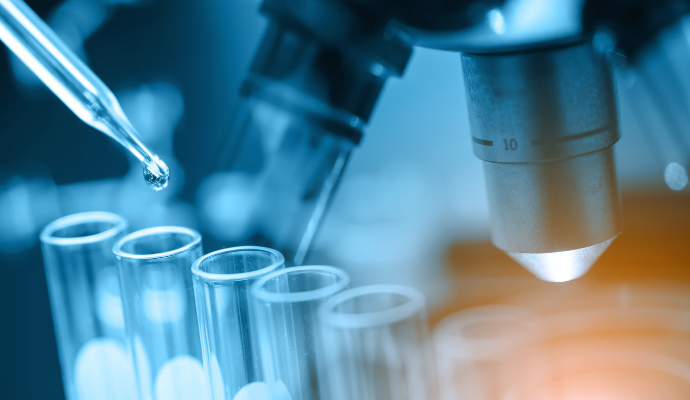Pfizer Provides Data From German Trial of COVID-19 Vaccine
The trial found that all 37 patients immunized with Pfizer and BioNTech’s COVID-19 vaccine, BNT162b2, showed a broad immune response with SARS-CoV-2 specific neutralizing antibodies.

Source: Thinkstock
- Pfizer and BioNTech recently announced additional data on neutralizing antibody and T cell responses from the Phase 1/2 clinical trial of its COVID-19 vaccine candidate in Germany.
Specifically, researchers reported that all 37 participants vaccinated with BNT162b2 showed a broad immune response with SARS-CoV-2-specific neutralizing antibodies and newly generated spike protein-specific CD4+ T cell responses.
Additionally, 92 percent of participants demonstrated CD8+ T cell responses. Even individuals who received the lowest dose of 1 microgram (µg) BNT162b2 elicited robust expansion of CD4+ and CD8+ T cells, Pfizer highlighted.
“These results from the ongoing German Phase 1/2 study help illustrate the multiple arms of the immune system that are activated to fight SARS-CoV-2 by the vaccine candidate BNT162b2. Advancing the understanding of the duration of antibody responses is critical as the global scientific community continues to look for potential vaccines to help overcome this pandemic,” Kathrin U. Jansen, PhD, senior vice president and head of vaccine research & development at Pfizer, said in the announcement.
“We continue to add to the body of scientific evidence supporting BNT162b2 and are pleased to see the consistency in our findings across studies,” Jansen said.
The ongoing Phase 1/2 trial being conducted in Germany is parallel to the Phase 1/2/3 US trials of BNT162b2.
In the Germany study, researchers evaluated the safety and immunogenicity of two doses of BNT162b2 in healthy adults aged 18 to 55given 21 days apart. Each dose cohort included 11 to 12 participants.
A longer follow-up of 85 days showed that BNT162b2 elicited neutralizing antibody titers in the range of those in convalescent sera cohort.
And BNT162b2 immune sera efficiently neutralized 19 pseudo-viruses, which indicates potential for broad BNT162b2-elicited protection against reported mutations, Pfizer stated.
Antigen-specific CD4+ T cells have immune adapting functions, Pfizer explained. Therefore, characterization of the cellular immune responses is important to understand the mechanisms contributing to protection against SARS-CoV-2.
In the US, Pfizer and BioNTech initiated the start of a global Phase 2/3 safety and efficacy study to evaluate BNT162b2 at the end of July.
The study enrolled nearly 30,000 participants aged 18 to 85 to evaluate BNT162b2.
Just one month later, researchers found that seven days after a second 30 microgram dose of BNT162b2, the candidate elicited SARS-CoV-2 neutralizing geometric mean titers (GMTs) in younger adults that were 3.8 times the GTM of 38 sera of SARS-CoV-2 convalescent patients and 1.6 times the GMT of the same panel.
In an interim analysis at the beginning of November, researchers also reported that BNT162b2 was more than 90 percent effective in preventing COVID-19 in participants without evidence of prior SARS-CoV-2 infection.
The results from the Germany trial mirror these results from the US trial and support a favorable safety profile and robust induction of virus-specific antibody responses, Pfizer said.
Due to the promising results from the clinical trials, FDA issued the first emergency use authorization for a COVID-19 vaccine to Pfizer and BioNTech last week, which allows for allocation of the vaccine across the US.
“The FDA’s authorization for emergency use of the first COVID-19 vaccine is a significant milestone in battling this devastating pandemic that has affected so many families in the United States and around the world,” FDA Commissioner Stephen M. Hahn, MD said in the announcement last week.
“The tireless work to develop a new vaccine to prevent this novel, serious, and life-threatening disease in an expedited timeframe after its emergence is a true testament to scientific innovation and public-private collaboration worldwide,” Hahn concluded.
